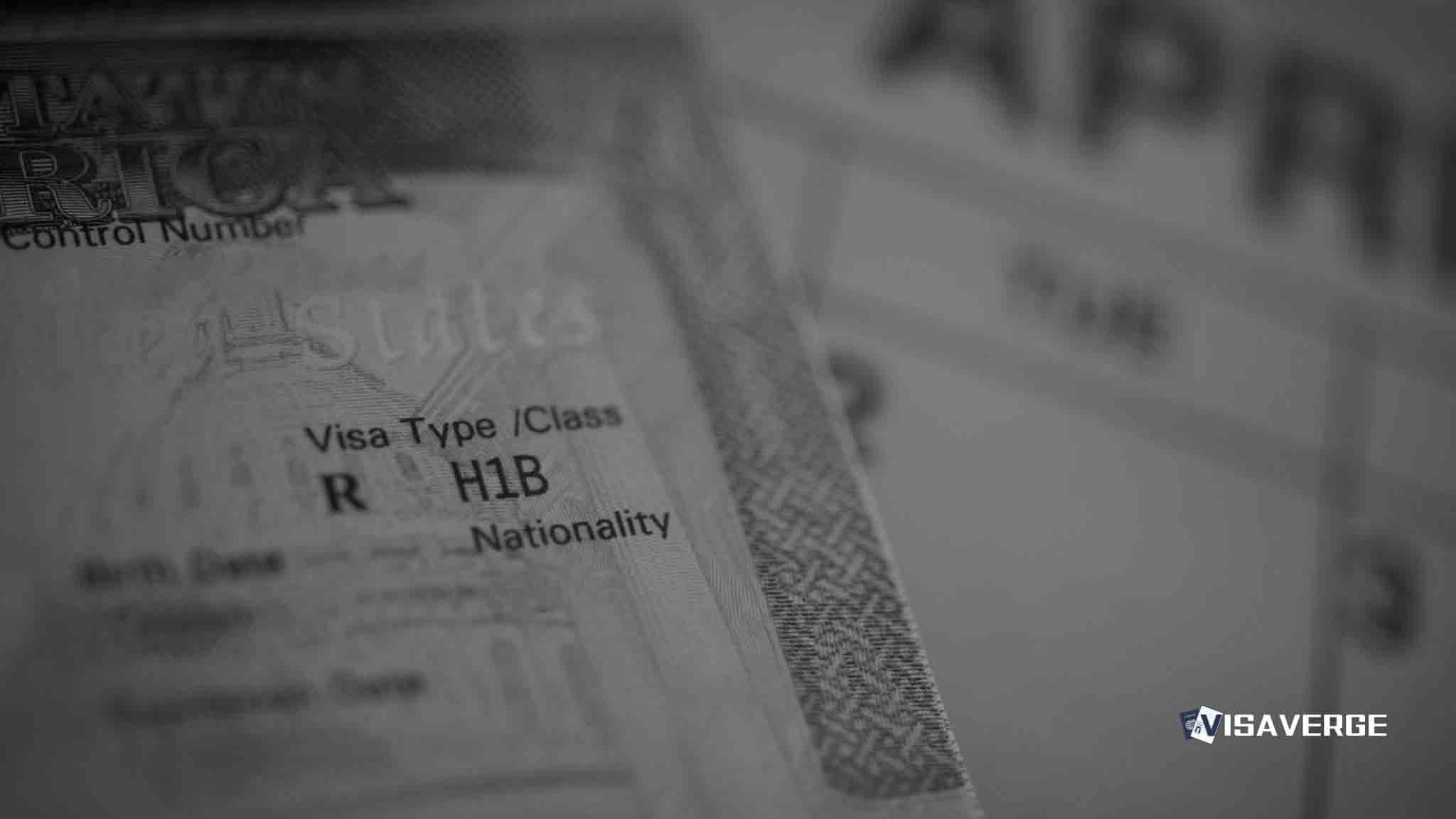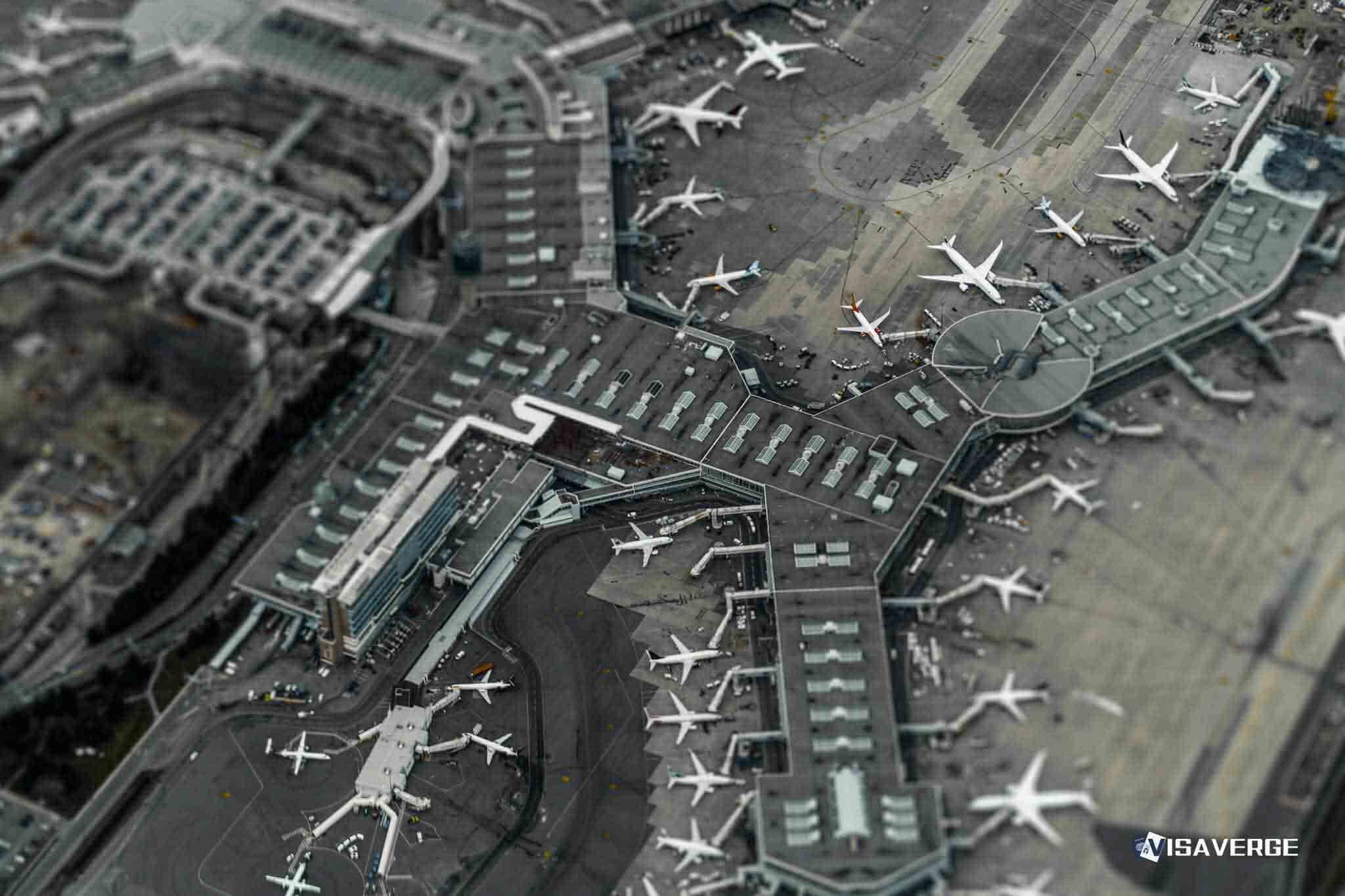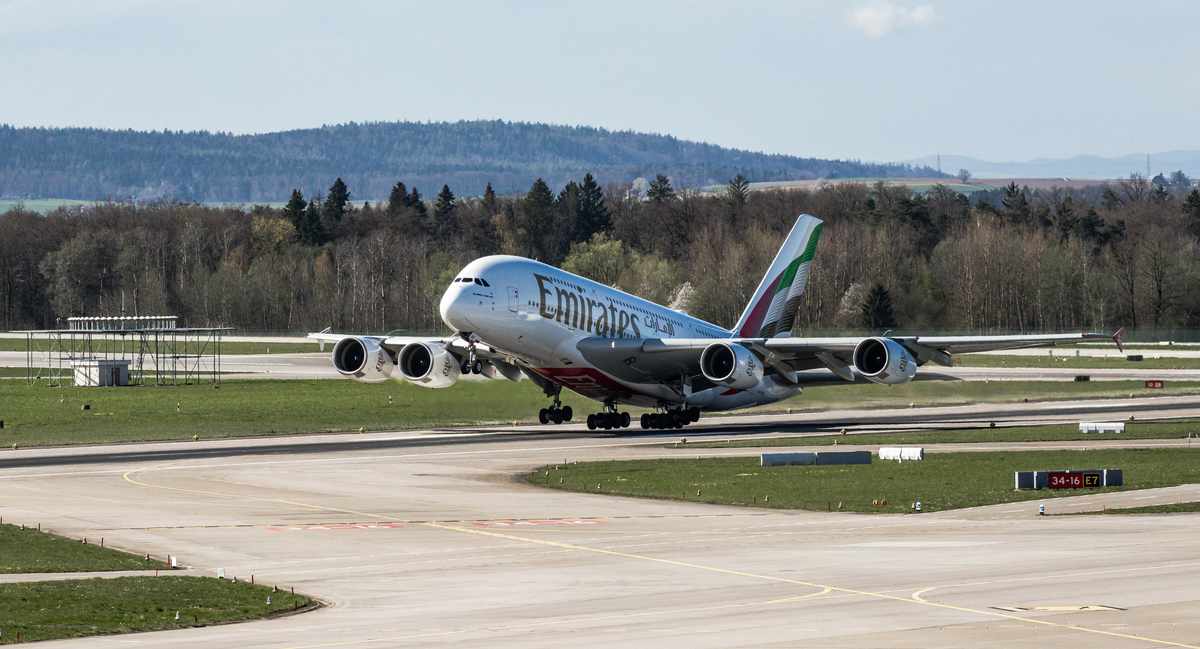Key Takeaways
• Germany’s asylum applications dropped 50% in first half of 2025 compared to 2024.
• Family reunification suspended for two years for subsidiary protection status holders.
• New migration policies and stricter laws credited for controlling asylum seeker arrivals.
Germany Reports Sharp 50% Drop in Asylum Applications in First Half of 2025
Germany 🇩🇪 has seen a dramatic shift in its approach to asylum and migration, with the first half of 2025 marking a significant milestone: a 50% decline in asylum applications compared to the same period in 2024. This change, announced by government officials on July 5, 2025, signals not only a new direction for Germany’s migration policies but also reflects wider trends across Europe. The reasons behind this drop, the policies driving it, and the effects on people seeking safety in Germany are now at the center of national and international discussions.

Understanding the Decline: Who, What, When, Where, Why, and How
Who is affected? The drop in asylum applications impacts thousands of people from countries like Syria, Afghanistan, and Turkey, who have traditionally made up a large share of those seeking protection in Germany 🇩🇪.
What happened? Between January and June 2025, Germany 🇩🇪 received between 61,300 and 65,495 first-time asylum applications. This is about half the number recorded during the same period in 2024. In June 2025 alone, fewer than 7,000 new applications were filed—a 60% decrease from June 2024 and a 70% drop from two years earlier.
When and where? The decline was reported in the first half of 2025, with the trend visible across the country. The German Federal Office for Migration and Refugees (BAMF) tracks and publishes these figures.
Why did this happen? The German government, led by Interior Minister Alexander Dobrindt, credits new migration policies for the decline. These include stricter rules on who can apply for asylum, changes to family reunification, and tougher measures on detention and removal.
How was this achieved? The government introduced several new laws and reforms over the past year, aiming to control migration and reduce the number of people entering the country to seek asylum.
Key Numbers: Asylum Applications in 2025
- Total applications (Jan–June 2025): 61,300–65,495 first-time asylum applications
- June 2025 applications: Fewer than 7,000 (down 60% from June 2024)
- Year-on-year decline: 43% to 50% fewer applications compared to the first half of 2024
These numbers, reported by both government sources and independent analysts, show a clear and sharp drop in people seeking asylum in Germany 🇩🇪.
Policy Changes Behind the Decline
Several major policy changes have shaped the current landscape for asylum seekers in Germany 🇩🇪. These include:
1. Migration Policy Overhaul
Interior Minister Alexander Dobrindt has led a push for stricter migration controls. The government argues that these policies are necessary to manage the number of arrivals and ensure that those who do come can be properly integrated into German society. Critics, however, say the new rules make it much harder for people fleeing war and persecution to find safety.
2. Suspension of Family Reunification
One of the most controversial changes is the suspension of family reunification for people with “subsidiary protection” status. Subsidiary protection is a type of limited asylum given to people who do not qualify for full refugee status but still face serious harm if returned to their home country. As of early 2025, the German parliament has suspended the right of these individuals to bring family members to Germany 🇩🇪 for at least two years. This affects around 351,400 people, most of whom are from Syria.
3. Naturalisation Reform
In June 2024, Germany 🇩🇪 made it easier for some immigrants to become citizens. The waiting period for naturalisation (becoming a German citizen) was reduced from eight years to five years. For those who show “exceptional integration”—for example, by learning German quickly or contributing to society—the wait can be as short as three years. This reform aims to reward successful integration, but it does not directly affect asylum seekers who are still waiting for a decision on their status.
4. Tougher Detention and Removal Laws
In February 2024, new laws expanded the reasons for which asylum seekers can be detained and increased the maximum time they can be held before being removed from the country. These changes are meant to speed up the process of sending people back to their home countries if their asylum claims are rejected.
Impact on Different Groups
The decline in asylum applications and the new policies have real effects on people’s lives. Here’s how different groups are affected:
Syrians, Afghans, and Turks
People from Syria, Afghanistan, and Turkey have been among the largest groups seeking asylum in Germany 🇩🇪. The new rules and the overall decline in applications mean that fewer people from these countries are able to reach Germany 🇩🇪 and apply for protection.
Families Separated by Policy
The suspension of family reunification is especially hard on families. Many people with subsidiary protection are now unable to bring their spouses or children to join them in Germany 🇩🇪. This has led to criticism from civil society groups, who argue that the policy causes unnecessary suffering and makes integration harder.
Local Communities and Municipalities
The government says that one reason for the new policies is to help local communities manage the challenges of integrating newcomers. Some towns and cities have struggled to provide housing, education, and other services for large numbers of refugees. By reducing the number of arrivals, officials hope to ease these pressures.
Civil Society and Human Rights Groups
Many organizations that support refugees and migrants have spoken out against the new laws. They argue that the changes violate the rights of people seeking protection and go against Germany’s 🇩🇪 humanitarian traditions. These groups are calling for the government to reverse some of the stricter measures, especially the suspension of family reunification.
Broader European Context
Germany’s 🇩🇪 experience is part of a wider trend across Europe. In 2025, many European Union (EU) countries have reported fewer asylum applications. This is partly due to fewer people reaching the EU’s external borders, as well as new agreements with countries outside the EU to prevent irregular migration.
The EU has also been working on new rules to share responsibility for asylum seekers among member states. Some countries, including Germany 🇩🇪, have pushed for stricter controls and faster procedures for deciding who can stay and who must leave.
According to analysis by VisaVerge.com, these changes are not unique to Germany 🇩🇪. Many European countries are tightening their asylum systems, making it harder for people to enter and stay. This has led to a significant drop in applications across the continent.
Government Perspective: Controlled Migration as a Success
The German government sees the decline in asylum applications as proof that its policies are working. Interior Minister Alexander Dobrindt has said that the new rules are necessary to ensure that migration is “orderly and controlled.” He argues that by reducing the number of arrivals, Germany 🇩🇪 can focus on helping those who are already in the country to integrate and build new lives.
Officials also point to the naturalisation reform as a sign that Germany 🇩🇪 is still open to newcomers who are willing and able to become part of society. By making it easier for well-integrated immigrants to become citizens, the government hopes to encourage successful integration.
Criticism and Concerns: Rights at Risk
Not everyone agrees with the government’s approach. Civil society organizations, human rights groups, and some political parties have raised serious concerns about the impact of the new policies.
Key criticisms include:
- Restriction of Refugee Rights: Critics say that suspending family reunification and making it harder to apply for asylum violates the rights of refugees and goes against international law.
- Integration Challenges: By keeping families apart and making life more uncertain for asylum seekers, the new rules may actually make integration harder, not easier.
- Humanitarian Concerns: Many argue that Germany 🇩🇪, as one of the world’s richest countries, has a moral duty to help people fleeing war and persecution.
Practical Guidance for Asylum Seekers
For those considering seeking asylum in Germany 🇩🇪, it is important to be aware of the new rules and procedures. The Federal Office for Migration and Refugees (BAMF) is the main government agency responsible for processing asylum applications. Their official website provides up-to-date information on eligibility, required documents, and the steps involved in the process.
If you are already in Germany 🇩🇪 and have subsidiary protection status, you should know that family reunification is currently suspended for at least two years. This means you cannot apply to bring your spouse or children to join you until the policy is reviewed.
For those interested in becoming German citizens, the new naturalisation law may allow you to apply after five years of legal residence, or three years if you can show exceptional integration. The application process involves submitting documents, passing a language test, and meeting other requirements. You can find the official naturalisation application form on the BAMF website.
Looking Ahead: What to Expect in 2025 and Beyond
The German government has signaled that more changes may be coming. Officials are considering expanding the list of “safe countries of origin” and “safe third countries”—places where they believe people are not at risk of persecution. If these changes are made, it will become even harder for people from those countries to apply for asylum in Germany 🇩🇪.
The suspension of family reunification is set to last for at least two years, but it could be extended if the government decides that integration challenges remain. Local authorities and civil society groups will likely continue to debate the best way to balance the needs of refugees with the capacity of communities to support them.
For now, the sharp decline in asylum applications marks a turning point in Germany’s 🇩🇪 approach to migration. Whether this trend continues will depend on future policy decisions, developments at Europe’s borders, and the ongoing debate about the country’s role in providing protection to those in need.
Actionable Takeaways
- If you are seeking asylum in Germany 🇩🇪, check the latest rules and requirements on the BAMF website.
- If you have subsidiary protection, be aware that family reunification is suspended until at least 2027.
- For those interested in naturalisation, review the new waiting periods and integration requirements.
- Stay informed about possible future changes to asylum laws, especially if you are from a country that may be added to the “safe countries” list.
Final Thoughts
Germany’s 🇩🇪 sharp drop in asylum applications in the first half of 2025 is the result of major policy changes aimed at controlling migration and easing integration challenges. While the government sees this as a success, critics warn that the new rules may harm the rights and well-being of refugees. As the debate continues, it is important for those affected to stay informed and seek reliable guidance from official sources.
For more detailed information on asylum procedures, policy updates, and support services, visit the Federal Office for Migration and Refugees (BAMF) website. This is the best place to find accurate, up-to-date answers to your questions about asylum, family reunification, and naturalisation in Germany 🇩🇪.
Learn Today
Asylum Application → A formal request to a government seeking protection and refugee status from persecution.
Subsidiary Protection → Limited asylum for those not qualifying as refugees but facing serious harm if returned home.
Naturalisation → The legal process by which immigrants become citizens of a country after meeting requirements.
Family Reunification → A policy allowing family members of migrants to join them in the host country.
Detention and Removal → Legal actions to hold asylum seekers and return them to their country if claims are rejected.
This Article in a Nutshell
Germany saw a 50% decrease in asylum filings in early 2025 due to stricter laws. Family reunification suspension and faster citizenship aim to manage migration and integration amid European-wide policy shifts.
— By VisaVerge.com








